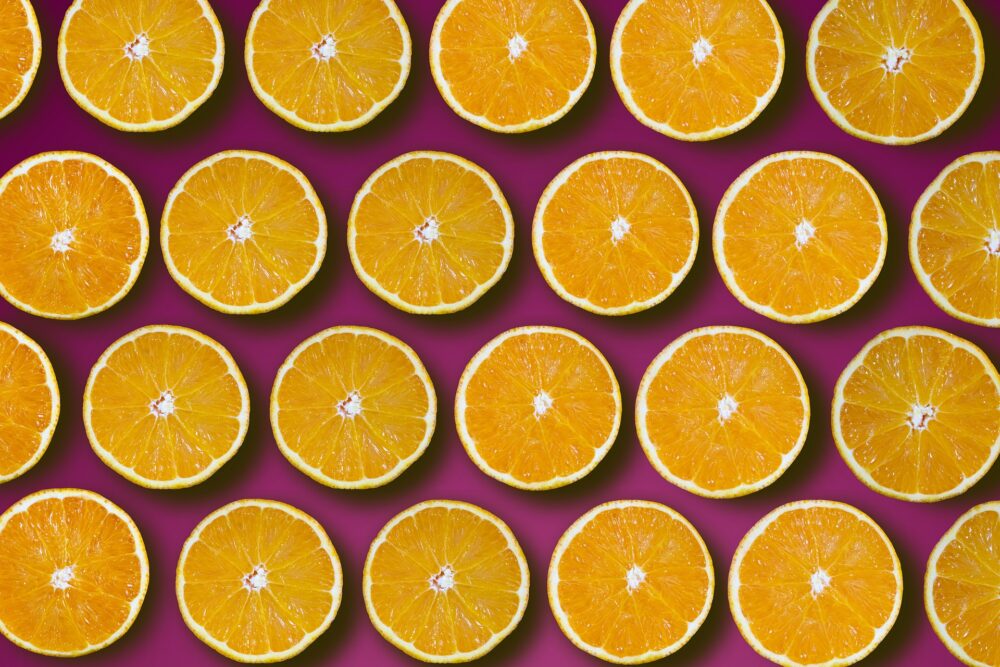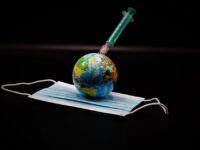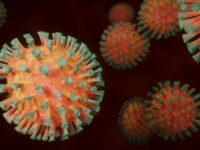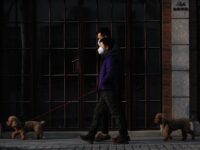The coronavirus pandemic triggered a wave of paranoia that left the public susceptible to a variety of health-related propaganda. These myths likely did more harm than good, as people prioritized toilet paper over the physical distancing and protection protocols that we are more accustomed to now.
Many widespread myths were dispelled by the World Health Organization (WHO). Consuming garlic, drinking alcohol, and exposing yourself to the sun and hot temperatures were all thought to prevent COVID-19. The WHO also stated on its website, “Adding pepper to your soup or other meals DOES NOT prevent or cure COVID-19.” While these myths were easily disproved and clearly lacking in scientific backing, one practice that did not lose popularity was vitamin C supplementation.
At the start of the outbreak in the United States, people across the country, including students on Northeastern’s campus, cleared store shelves of vitamin C supplements — the explanation being that it’s good for your immune system. But, what exactly does vitamin C do, and does it actually protect one against the coronavirus?
Vitamin C has many functions in the body, such as helping to protect cells from oxidative stress (cellular damage that results from normal metabolic processes), the formation of collagen to help wounds heal, and assisting in iron absorption. Regarding the immune system, with which it is most commonly associated, vitamin C is necessary for some immune system cells to function, including phagocytes and T cells. Since cells that are involved in typical immune response require vitamin C, it makes sense that vitamin C supplementation could potentially prevent one from getting sick. However, research on the common cold, led by scientists at the Leibniz University Hannover, has shown that unless a person is deficient in vitamin C, supplementation “may slightly reduce the duration of the illness in healthy persons but does not affect its incidence and severity.”
Research on the common cold, led by scientists at the Leibniz University Hannover, has shown that unless a person is deficient in vitamin C, supplementation “may slightly reduce the duration of the illness in healthy persons but does not affect its incidence and severity.”
Similarly, there have been no studies so far supporting the idea that vitamin C supplements are capable of preventing COVID-19. If vitamin C could reduce the duration of sickness for those infected with COVID-19, as has been suggested for the common cold, then perhaps vitamin C could play a role in slowing the spread of the disease. This is just speculation, though, and more research is needed to draw any conclusions about vitamin C with respect to the coronavirus.
Interestingly, high doses of intravenous vitamin C are being tested as a treatment for severe COVID-19 cases, and one meta-analysis published in the journal Nutrients in 2019 found that this reduced the duration of stay in the ICU and the duration of mechanical ventilation (for non-COVID-19 patients). This is not yet a standard treatment procedure for ICU patients with COVID-19, and more research is needed on the subject.
Vitamin C has the potential to reduce the duration of the illness, but your chances of getting infected are unlikely to change, unless you know you are deficient.
Excessive vitamin C consumption has been associated with mild gastrointestinal complications. Otherwise, it is not likely to be harmful to have too much vitamin C in the body, as it is a water-soluble nutrient and excess is simply excreted through urine. The main harm, therefore, would be a false sense of security against contagious diseases like COVID-19 fueled by aggressively supplementing with vitamin C.
You shouldn’t rely on vitamin C to keep you safe from COVID-19 or any other sickness. Vitamin C has the potential to reduce the duration of the illness, but your chances of getting infected are unlikely to change, unless you know you are deficient. The most important practices to keep in mind during this pandemic are wearing facial coverings, physical distancing, washing hands, self-isolating if symptoms present, and following other guidelines provided by the WHO.
Med Monatsschr Pharm. (2009). PMID: 19263912
Nutrients (2019). DOI: 10.3390/nu11040708






